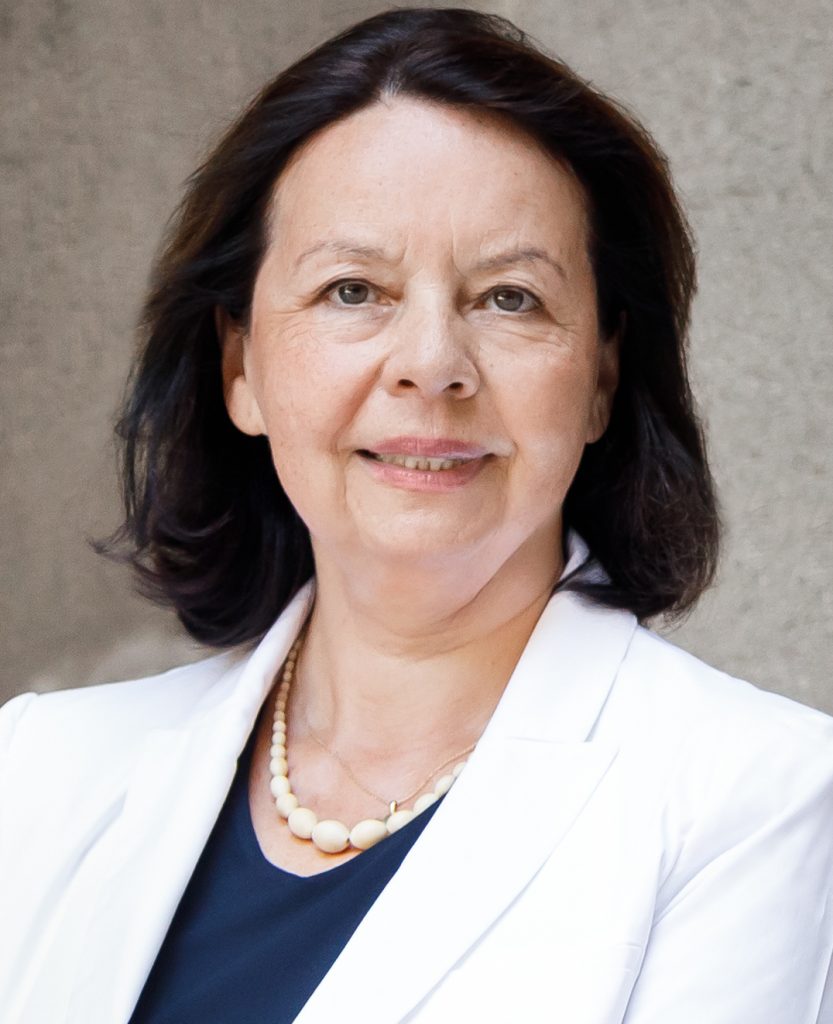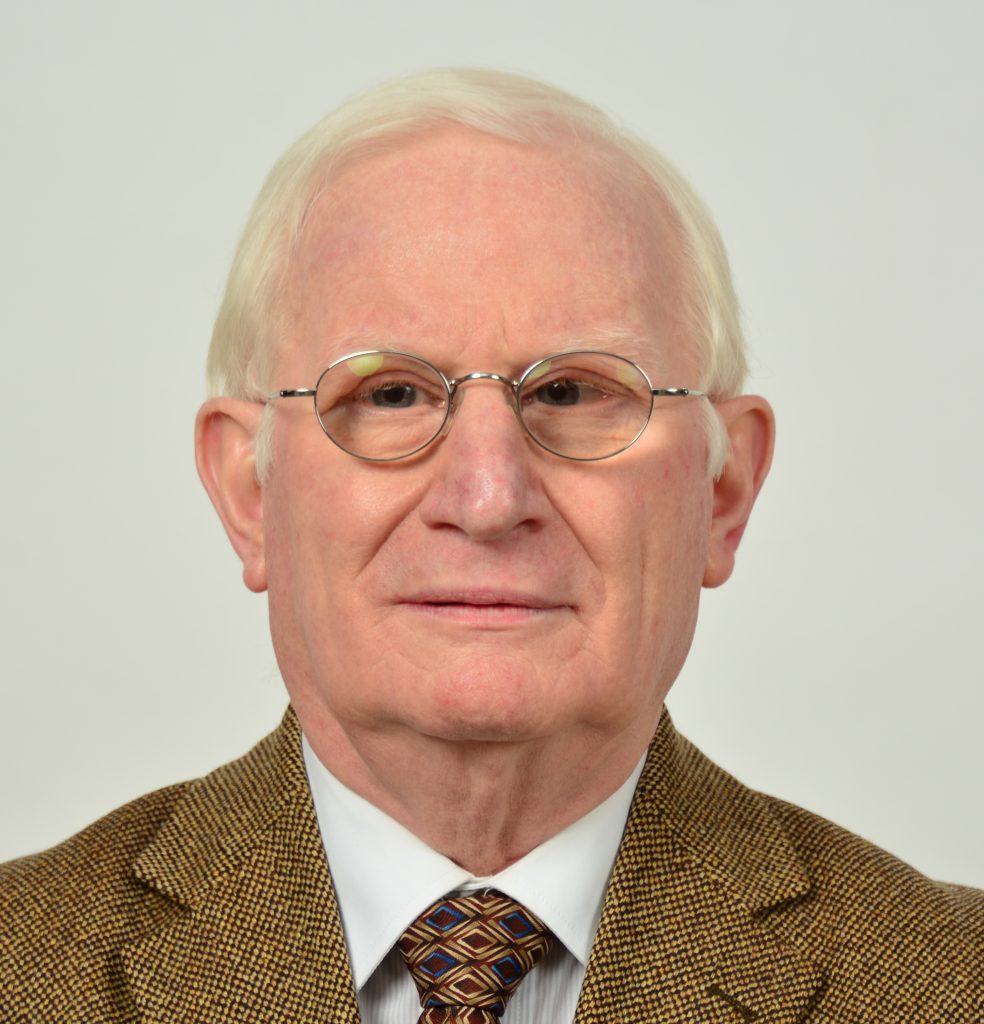A Big Heart Open to God: Notes on the Legacy of Pope Francis

Ingeborg G. Gabriel is a professor emerita at the University of Vienna.
Editors’ Note: This post was written and published prior to Pope Francis’s death.
The title of this post refers to the first interview Pope Francis gave, in August 2013, in which he stated the basic intentions of his pontificate. I happened to be in Rome when he was elected and vividly remember the moment the new pope stepped on to the balcony, greeting everyone with a warm “buona sera.” This first self-presentation, as well his chosen name, signaled an agenda that has unfolded during his 12 years in office. The decision to reside in the Guesthouse Santa Marta—at the time much commented on—was another landmark choice signaling his approach. A Pope in the cafeteria carrying a tray with his dinner? This represented a fresh, liberating style to many and a scandal to others, who feared it may tarnish the image of the papacy. Despite such criticism, a bon mot began circulating: John Paul II listened, Benedict taught, and Francis touches the heart.


